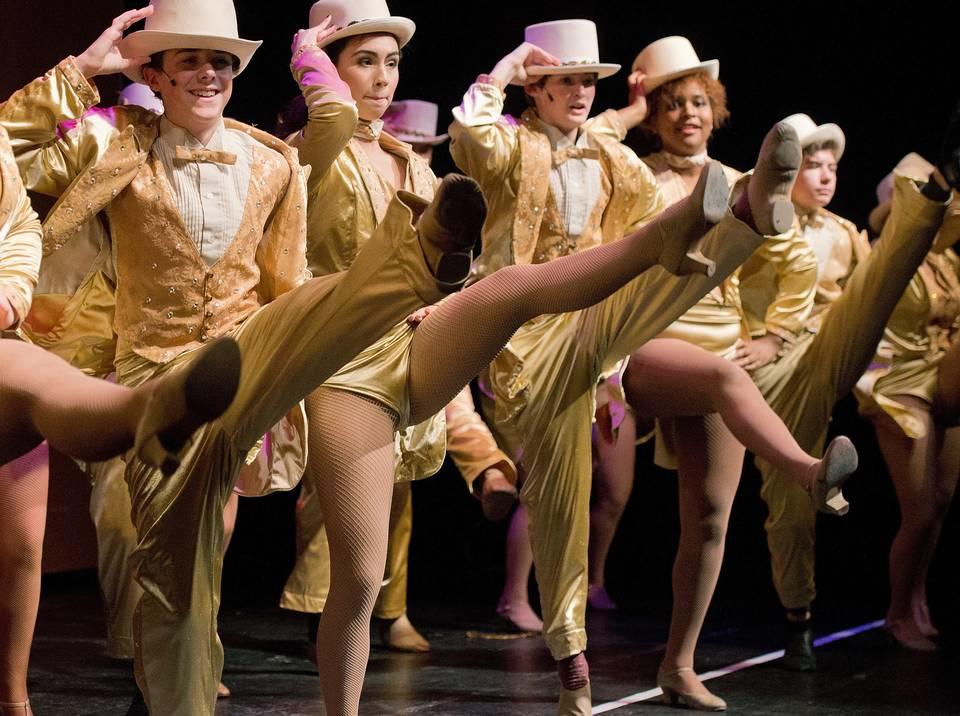
Section Branding
Header Content
The Arts Community's Innovative Approach To Flat State Funding
Primary Content

Funding for the arts is sometimes the first thing to go when state budgets are tight and cuts are being made.
So how do local arts groups manage to survive, let alone thrive? Many local theaters in smaller towns across Georgia are refusing to close their doors or cut quality shows. Instead they are mixing classic must see productions with avant-garde show to get theater goers in the seats.
Theater Macon is celebrating its 30th anniversary.
There were times over that the 30 years that founding artistic director Jim Crisp says he they didn’t know if they would make it, but he says "Day by day, production by production, month, by month, year by year, season after season we have built our reputation as the finest producing theater in the Middle Georgia area."
And Crisp says they’ve done that with very little financial help from the state.
So how have they managed? Crisp says by pushing boundaries. "We were actually the first theater in Georgia to do the play The Foreigner, a comedy about old racial stereotypes and overcoming them."
Productions like that have helped Theater Macon sell more season passes and get additional advertisers to buy in.
Crisp says even though state funding is low the arts generate lots of revenue in Georgia.
Karen Paty agrees that the arts are an important economic driver for the state. Paty is executive director of the Georgia Council of the Arts, which awards state funding through grants to arts organizations like Theater Macon across the state. "We know that the creative industries in the state have a $29 billion impact and employ over 200 thousand people."
Yet, Georgia is at the bottom of the list of states for when it comes to funding the arts.
Georgia spends only about 9 cents per person on the arts. Some neighboring states – Alabama and South Carolina for example - spend nearly a dollar.
Arts advocates like Bill Gignilliat, president of ArtsGeorgia says the cuts in funding the arts take a real toll on smaller organizations outside of metro Atlanta. "They have to cut staff, they have to cut programs and most significantly it cuts the ability of the arts organizations in every little town from Baxley to Rome, it cuts their ability to do arts in schools."
In the meantime the shows, and the success will continue at Theater Macon where Crips says "One of the reasons why people keep coming back to us is because they know we’re not going to do the same old thing. They know if they buy a season pass and come to the shows they’re going to travel to many different places geographically and in the geography of the human heart and mind."
Apparently that’s a trip many people want to take. About 70 percent of the theater’s operating expenses are paid for through box office sales and season tickets.
Tags: Leah Fleming, Theater Macon, arts & culture
